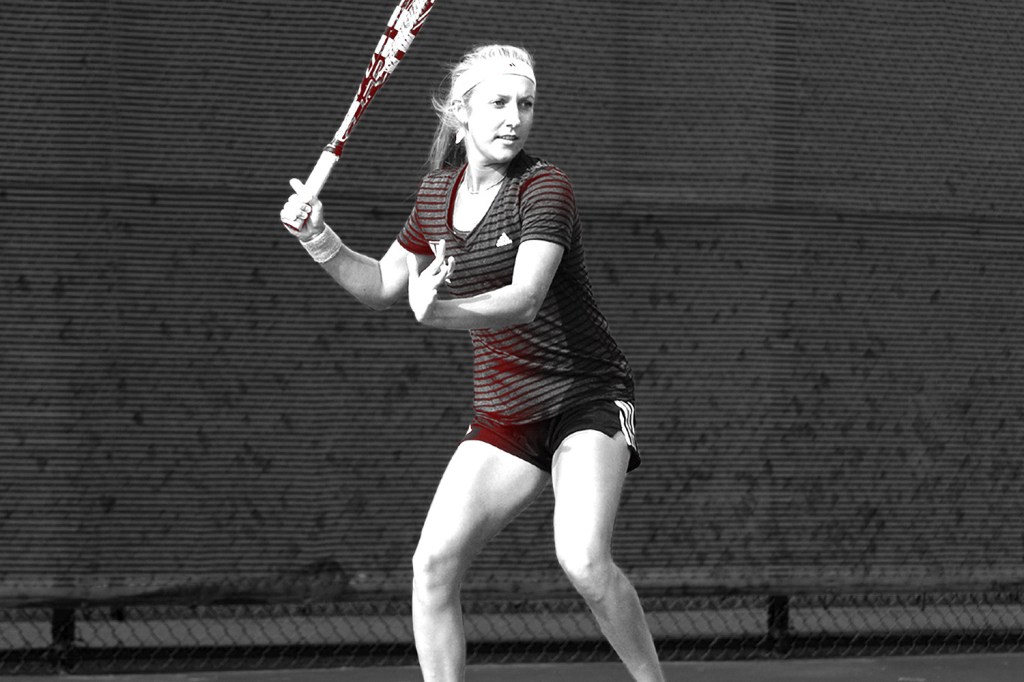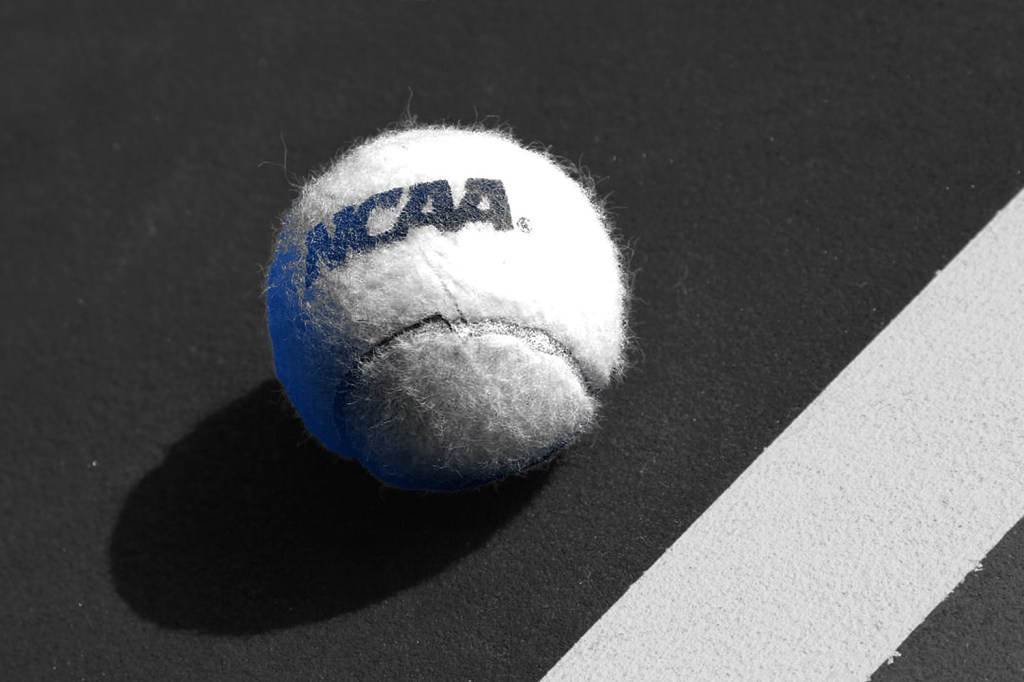In 2020, the NCAA vacated multiple seasons of wins and a conference championship from the UMass men’s basketball and women’s tennis teams.
The crime? Some athletes had unknowingly received $252 above the cost of attendance for a dorm room phone jack.
In Monday’s Constitutional Convention, virtually everyone agreed that the NCAA’s infractions process is deeply flawed.
But just two days later, the NCAA Infractions Appeals Committee upheld the UMass decision.
- It shows that the NCAA doesn’t award schools for cooperating with investigations, but punishes them just as severely, given that UMass self-reported the discrepancy.
- The NCAA is often criticized for taking years to adjudicate cases, and only decides them long after athletes have graduated. This took three years to adjudicate, and a fourth year including the appeal.
- The decision also shows how minor infractions are severely punished, while major crimes like covering up sexual assault are not.
Ultimately, the process isn’t in the best interest of the athletes themselves.
“We are in the golden age of student-athlete rights,” UMass athletic director Ryan Bamford said in a statement. “We say we are here for our students, but time and again do things that are incongruent.”
“It’s shameful.”





